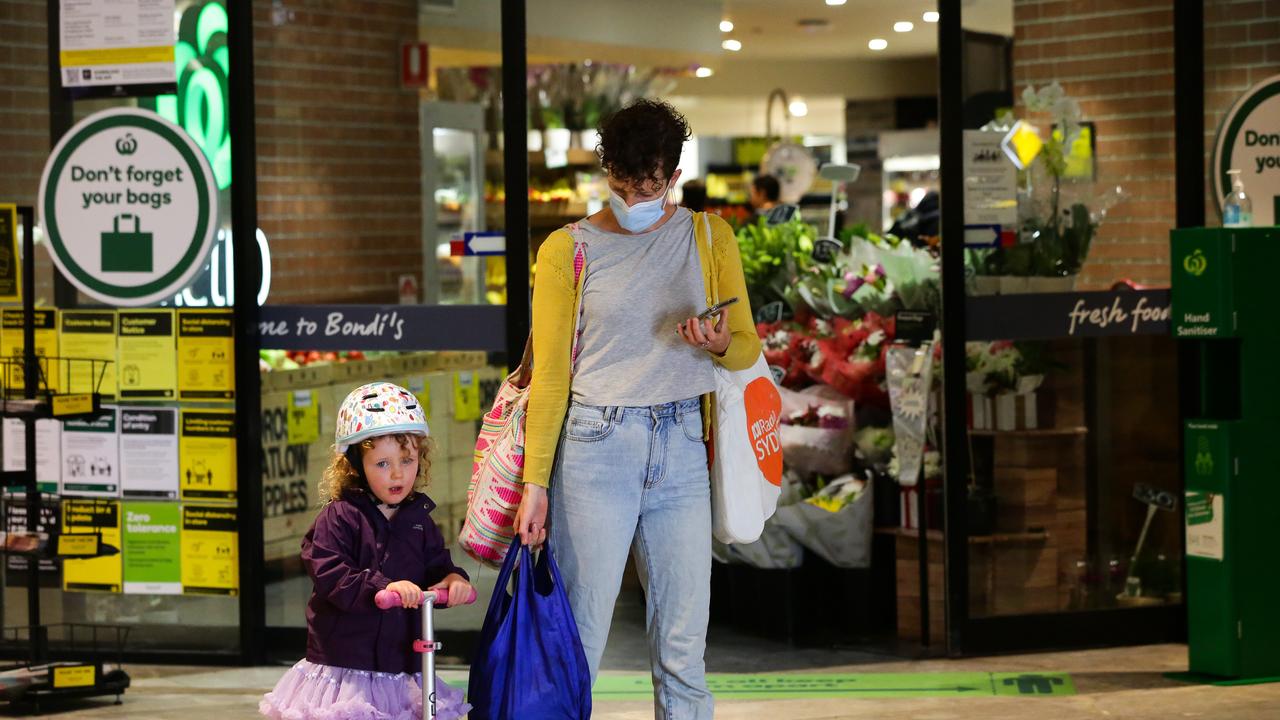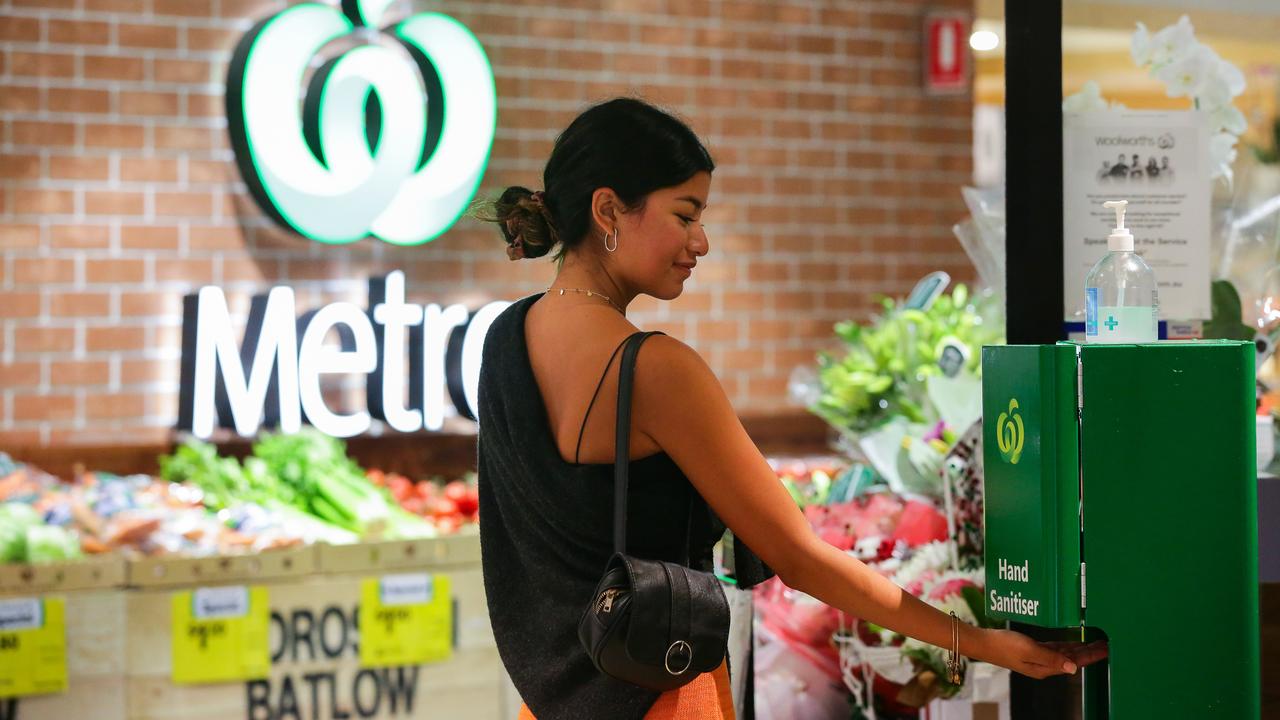Woolworths scraps cashless store trial after customers threaten to boycott
Woolies has ditched its controversial trial of cashless stores due to customer backlash despite evidence showing a push towards a cashless society.

Woolworths has ditched a controversial trial of cashless stores after customer backlash, with shoppers saying they still wanted to use notes and coins to pay for their grocery shopping.
The trial, introduced in June 2020, was taken up by 14 Woolworths Metro stores in the CBD in Melbourne, Sydney and Brisbane.
The move was touted as a way to make grocery shopping as “seamless as possible for busy inner-city customers”.
But shoppers didn’t like the change, with some saying it wasn’t right for the stores to turn down cash.
“I refuse to shop at any of your card-only places,” one customer wrote on the supermarket’s Facebook page. “Cash is legal tender and I do not support the cash ban and will take my money elsewhere.
RELATED: Aussie staple that’s going to surge in price

RELATED: ‘Exciting’ change in Woolies aisles
The trial prevented homeless people and others unaccustomed to using cards for transactions from buying essentials.
A Sydneysider posted on Twitter: “Man who is clearly sleeping rough unable to pay because cash is no longer accepted at Central Park. He was distressed. And then a Woolworths staffer who had finished her shift quietly paid for his food. The corporate head office needs to act like the staff.”
Woolworths responded to the tweet with: “We’ve been trialling card only payments in our Metro Central Park store for three weeks. The trial will end on Sunday February 14, in response to feedback from local shoppers. We’ll continue to review and refine our approach as needed in each trial store based on customer feedback.”
Another user responded with: “I can’t believe this ridiculous change was allowed through. It’s exclusionary and wrong to deny people the right to use cash.”
Someone else wrote: “Is it not law to have to accept legal tender? Cash?”
Hi Scott, we’ve been trialling card only payments in our Metro Central Park store for 3 weeks. The trial will end on Sunday Feb.14, in response to feedback from local shoppers. We’ll continue to review & refine our approach as needed in each trial store based on customer feedback
— Woolworths (@woolworths) February 11, 2021
A Woolworths spoksesperson confirmed all the stores will be back to taking cash by March 10 after the unsuccessful trial.
The stores that participated in the 9-month trial were selected because cash payments accounted for less than 10 per cent of all monthly transactions.
The stores in the trial included Caulfield North, Yarraville and Bourke and Elizabeth streets in Melbourne’s CBD and Manly, Rosebery and CBD stores on York and George streets in Sydney.
Woolworths Metro general manager Justin Nolan said it became clear that not all customers felt welcome during the card-only trial.
“While almost all Metro customers choose to pay with cards, cash remains incredibly important to those who don’t for a whole range of reasons we didn’t fully appreciate,” he said.
“Based on feedback from our customers, we can see we’ve moved ahead of current community expectations on cash and will be ending the trial.”

National Seniors Australia chief advocate Ian Henschke called the trial “a form of ageism” that had disadvantaged older Australians.
“These are people who grew up with cash and they feel comfortable with cash, it is what they want,” he told SMH.
“If I was an 89-year-old pensioner, why should I be prevented from shopping at my local supermarket?” he questioned.
“These customers are important and their right to pay cash should be maintained.”

The pandemic has accelerated the move away from cash, with many businesses taking up card-only payments based on the assumption it’s more hygienic.
ATM cash withdrawals dropped by almost a third during the coronavirus pandemic.
Research from the Reserve Bank of Australia found cash payments fell to 27 per cent in 2019 compared to 69 per cent in 2007 as the trend towards online shopping and card and smartphone payments increased.



